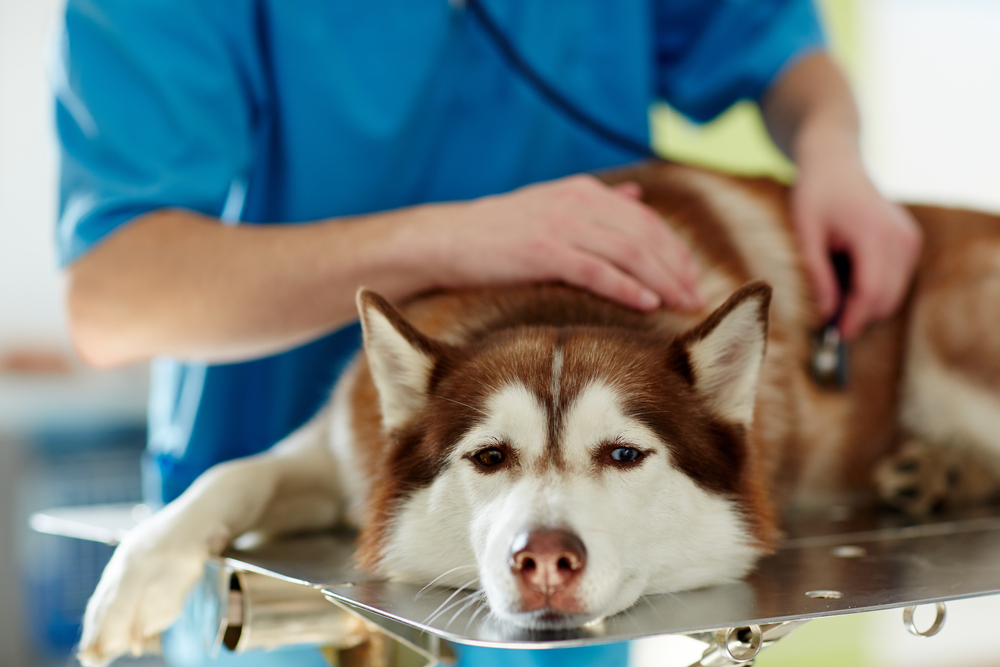Can Canine Eat Brown Sugar? Vet-Verified Vitamin Info & Concerns – Dogster
Many individuals have a seemingly insatiable candy tooth. Nevertheless a style for sugar could have some advantages, because it provides vitality and is rapidly metabolized by the human physique with a good return. Canine aren’t totally different from folks in our want for glucose for the well being and functioning of our purple blood cells and brains. So, if you happen to like candy treats, you might marvel if you happen to may give your canine brown sugar.
The brief reply is no, canines mustn’t eat brown sugar, despite the fact that it’s technically not poisonous like chocolate or raisins. Nonetheless, it could have antagonistic well being penalties that make it a giant no-no. Let’s discover why indulging your pup’s candy tooth is a nasty thought.


Why Can’t Canine Eat Brown Sugar?
Our pets can detect all 4 tastes in various levels. Curiously, our canine companions aren’t as eager on salt as we’re due to their low tolerance for sodium. In the meantime, cats can’t style candy. These variations are the merchandise of evolution and, in direct and oblique methods, enhance the animal’s survival. Your canine can eat candy meals, like some vegatables and fruits, however extra and processed sugars should not good for them. So, the concentrated type of brown sugar is an issue for canines.


The Dangers of Feeding Brown Sugar to Canine
Brown sugar is excessive in energy and nutritionally void. A single packed teaspoon accommodates 17.5 energy. That will not sound like a lot till you evaluate it to a 10-pound canine’s day by day caloric consumption of 275 energy. Nevertheless, that’s almost equal to all of the treats your canine ought to get for your entire day. They’re much better off consuming a deal with with some actual dietary worth that may make them really feel extra sated.
Meals Intolerance
Brown sugar is desk sugar with added molasses, which supplies it its attribute colour and style. Chemically, it’s a disaccharide or two bonded easy sugar molecules. The takeaway is that it’s extra complicated, which might have an effect on its digestibility. That is much like you consuming one thing that doesn’t agree along with your system.
Consider it out of your canine’s perspective. The probabilities are you feed your pet one food plan supplemented with treats. In fact, treats shouldn’t be making up greater than 10% of your pet’s day by day caloric consumption. The animal’s physique is fine-tuned to what they eat. So, once you give them one thing wildly totally different from their typical meals, like brown sugar, their physique ranges of the required enzyme to interrupt it down are low or missing. That creates the proper storm for GI misery and belly ache.
This antagonistic response doesn’t contain the immune system, so it’s not an allergy. As an alternative, scientists name it an intolerance to this new meals. That’s additionally the explanation it is best to slowly transition your canine to a distinct food plan: to offer them time to adapt.


Different Sweeteners
You might marvel about different sweeteners and their results in your canine. Sugar, whether or not powdered or common desk sugar, isn’t poisonous to canines. Nevertheless, the identical precautions apply. The exception to the rule is xylitol. This sugar substitute is toxic to canines. This chemical stimulates insulin launch, which, in flip, drops blood glucose to life-threatening ranges. It might additionally trigger liver harm in canines.
We’ve mentioned brown sugar as a single meals merchandise. Nevertheless, we strongly urge you to not give your pet any baked items which will comprise xylitol. If unsure, depart it out of your pup’s food plan.
Canine and Carbohydrates
When discussing brown sugar, the dialogue typically turns to carbohydrates. Carbs present glucose that canines should have.
A small experiment with canines allowed free selection of meals to find out their macronutrient preferences. The animals chosen a food plan composed of 30% protein, 63% fats, and seven% carbohydrates. It’s value noting that canines use scent along side style, which can have influenced their preferences.
When accounting for palatability, one other examine had canines selecting 23%, 41%, and 36%, respectively. These percentages fall in step with the breakdown in business diets.


Conclusion
Canine have advanced and tailored over the ages to stay with people, even to affect their food plan and metabolism. Our pets can technically devour carbs like brown sugar. Nonetheless, brown sugar is problematic on many fronts.
One should think about the energy in meals since our canines aren’t almost as lively as their wild counterparts. That places weight problems on the desk. The opposite issues lie with antagonistic well being results like dietary intolerance. Brown sugar can negatively have an effect on your canine if given often. Subsequently, we suggest not giving it to your pup to keep away from beginning a nasty behavior.
Featured Picture Credit score: GabiSanda, Pixabay

